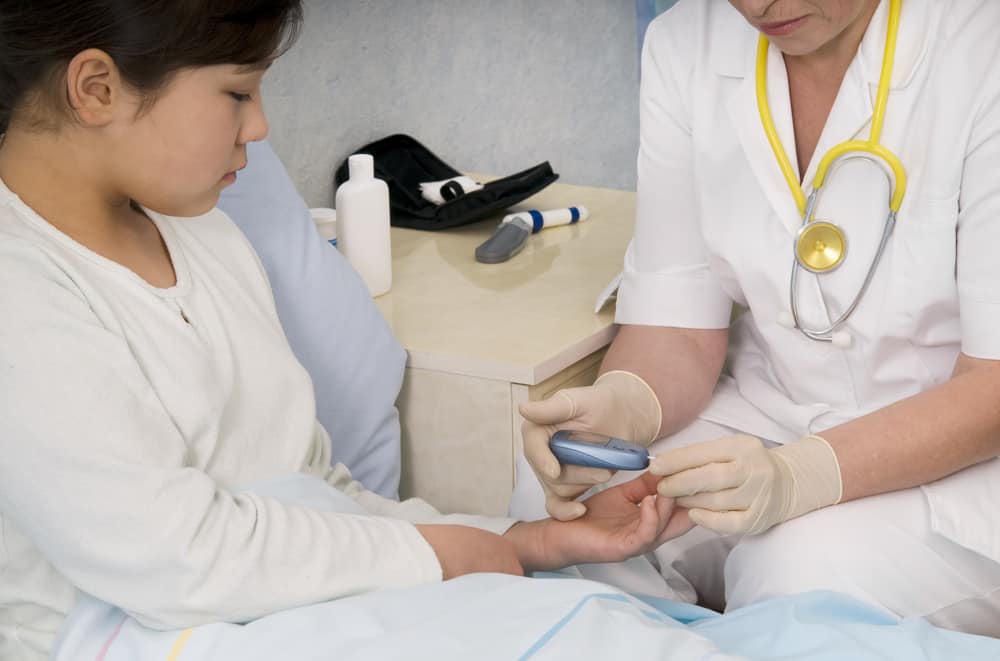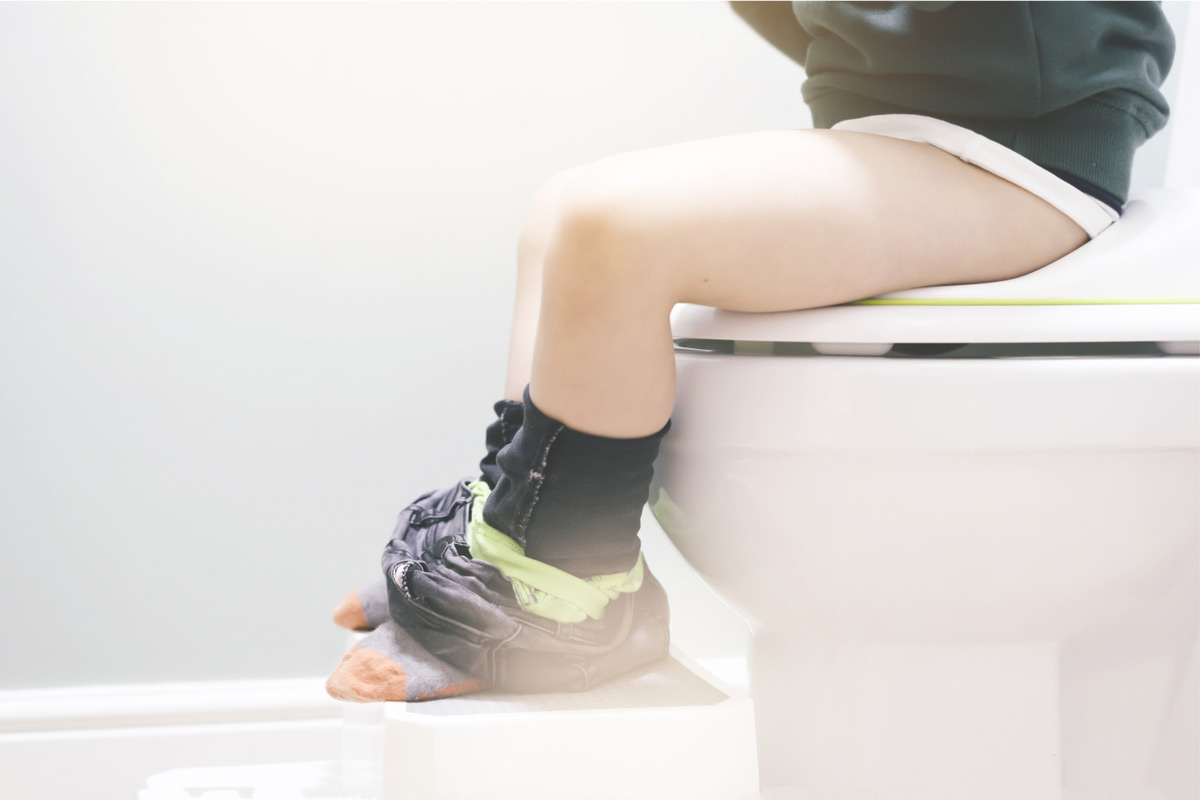Contents:
- Medical Video: Influenza and Sepsis: Mayo Expert Describes Warning Signs of Severe Sepsis, Septic Shock
- Urosepsis is a dangerous complication of a UTI
- What are the symptoms of urosepsis?
- Causes of urosepsis
- Risk Factors for Urosepsis
- Treatment for urosepsis
Medical Video: Influenza and Sepsis: Mayo Expert Describes Warning Signs of Severe Sepsis, Septic Shock
Urinary tract infection (UTI) is a common type of infection that can be treated easily with antibiotics. However, if not treated quickly and correctly, UTI can cause complications. One of the most common complications of UTI is urosepsis. Urosepsis is a urinary tract infection that can threaten the lives of sufferers.
Urosepsis is a dangerous complication of a UTI
Sepsis is a condition when blood is poisoned due to the body's own immune system. Yes, so when the body is exposed to certain bacterial or foreign substances, the immune system is overactive and gives excessive response.
This makes the antibodies produced too much and eventually enters the blood, then causes blood poisoning. Well, in this case the infection occurs in the urinary system (urology), so it is called urosepsis.
Just like other cases of sepsis, urosepsis is a condition that occurs due to urinary tract infections, which stimulates the body to produce excessive antibodies. Finally, these antibodies leak into the blood vessels around the urinary organs and cause urosepsis.
Urosepsis is a serious complication of urinary tract infection (UTI) that requires immediate medical treatment. As many as 25 percent of people who have sepsis were also found to have a UTI.
Urosepsis can quickly develop into a life-threatening infection, even with rapid diagnosis and treatment, urosepsis can still develop into an infection that is difficult to control with medication and treatment. In the most severe cases, sepsis can cause multisystem organ failure.
What are the symptoms of urosepsis?
Because urosepsis is a complication of a UTI, most people with this condition tend to have UTI symptoms. Symptoms include:
- frequent urination
- itching and burning sensation when urinating
- feel that the bladder is full, even after urinating
- there is blood in the urine
- urine color is not bright
- pain during sex
- pressure in the lower back or lower abdomen
- malaise, feeling unwell
If the infection spreads outside the bladder, the infection can reach other parts of the body, such as the kidneys and ureters. When the infection has spread to that part, it is not impossible for urosepsis to occur.
Apart from UTI symptoms, people with urosepsis can also show more serious symptoms that are common in other forms of sepsis. Anyone who experiences these symptoms must immediately seek medical treatment.
Urosepsis symptoms include:
- pain near the kidney, on the lower side of the back
- Nausea, with or without vomiting
- extreme fatigue
- urine volume decreases or does not come out at all
- difficulty breathing or rapid breathing
- confusion
- feeling excessive anxiety
- changes in heart rate, such as a rapid heartbeat (palpitations)
- weak pulse
- high fever or low body temperature
- sweating a lot
In some serious cases, urosepsis can develop into severe sepsis, septic shock, or multiorgan failure. People with severe sepsis produce little or no urine. In addition, severe sepsis may also have difficulty breathing, and heart function decreases.
During septic shock, blood pressure drops to very low levels, and body organs may die. These symptoms are life threatening and require immediate medical attention.
Causes of urosepsis
Urinary tract infections can occur if bacteria enter through the urethra, the urinary tract. These bacteria can reach the urethra in various different ways, including through sexual contact, lack of maintaining body hygiene, or pre-existing bladder problems. Women are more susceptible to UTI than men because female urethra is shorter than male.
Bacteria can spread from the urethra to the bladder, where bacteria can multiply, causing infection. If UTI is not treated, it can cause complications, such as urosepsis.
Sometimes, UTIs develop because bacteria that already exist in the bladder have multiplied excessively.
Risk Factors for Urosepsis
The following are some of the conditions that are risk factors for urosepsis:
- Surgical patient
- The immune system is weakened
- Kidney transplant
- Suffering from chronic diseases
- Having a urinary tract infection
- Using a urine catheter
Treatment for urosepsis
If detected early, UTI is easily treated with antibiotics. Drinking plenty of water can also help overcome the initial symptoms of UTI.
However, if it has turned into urosepsis, it is not as easy as treating it. The doctor is likely to start treatment with antibiotics because it is very important to treat the bacteria that cause the initial UTI.
Your doctor will monitor someone closely to see how well you are responding to antibiotics. If a person has severe sepsis or septic shock, he may need oxygen and intravenous fluids.
Some people will need surgery to get rid of the source of infection that cannot be treated completely.
Your doctor may prescribe a vasopressor, which constricts blood vessels and increases your blood pressure so that your organs don't die from septic shock.
If urosepsis is not treated quickly, you may need emergency hospitalization in the intensive care unit (ICU). If urosepsis develops and you experience septic shock, you will need emergency medical care.













